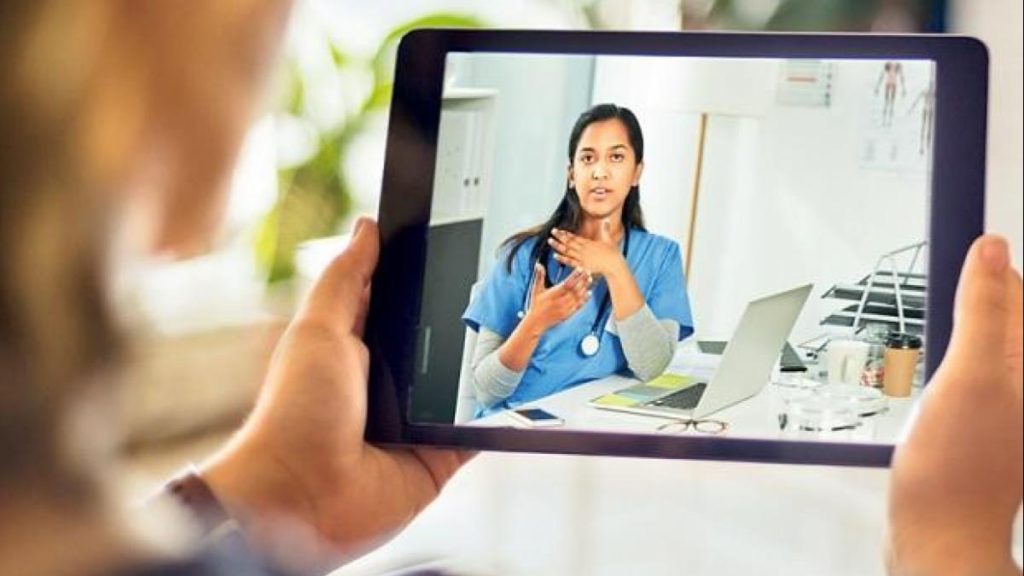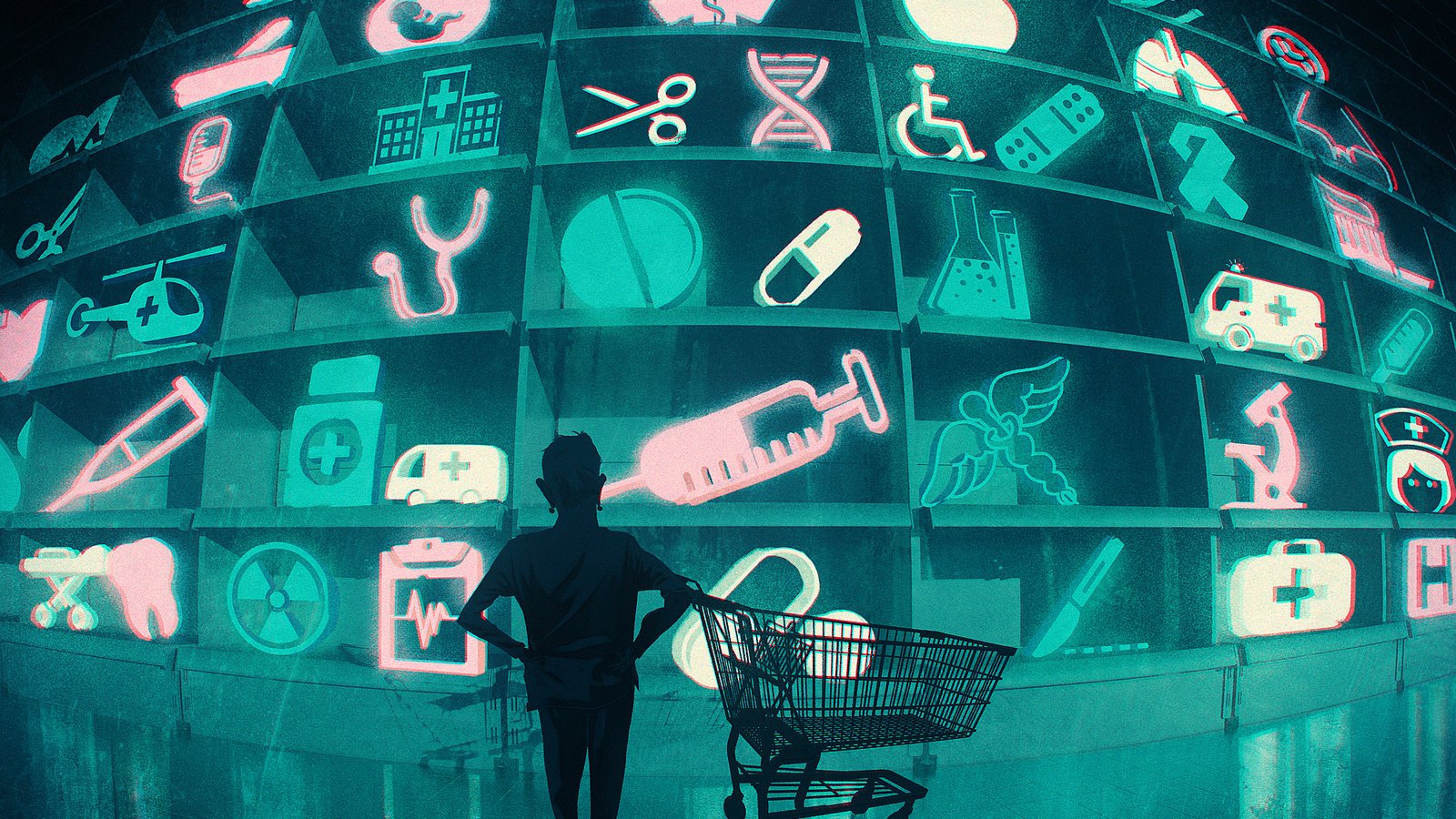
Until the Coronavirus pandemic hit the world, conducting medical consultations over the phone was a very rare event and most doctors would have never envisioned that they would be caring for the vast majority of their patients in this way.
However, as the pandemic took grip and lockdowns were implemented, many doctors surgeries were forced into making a change in the way that they deliver their health care service. Across the United Kingdom, as much as 75 % of all doctors appointments were held over the telephone during the spring.
Telephone appointments were and still are preferred by those patients that are over 50 years of age, whereas younger patients would rather opt for video visits via the use of video call applications, such as Google Duo, Zoom, WhatsApp, or FaceTime. If a telephone consultation sounds like something that you would be interested in having, then there are a number of private online clinics, such as Numan, offering this service – click to see the price.
Telephone consultations within a speciality care setting
Whilst primary care is well suited to appointments being held over the telephone, thanks to the already established relationships with medical professionals and their patients, questions have rightly been asked about how it can be used within a speciality care setting given the fact that these relationships do not exist.
During the height of the coronavirus restrictions, mental health care was predominantly switched over to virtual service, with patients suffering from adjustment disorder, anxiety, depression, and post traumatic stress disorder (PTSD) all receiving counselling and help over the telephone. It actually turns out that some patients are more comfortable with talking about their condition over the phone rather than face to face, either in person or via a video call.
Some research studies have shown that telephone consultations can benefit those patients who suffer from heart disease to not only avoid being hospitalized but to also adhere to their medication regimes.
The Benefits and limitations of telephone appointments
Unlike video calls, there is no chance that a telephone call will not load up or glitch at all, and pretty much anyone, regardless of their age, can use a telephone. Of course this is not true to smart phones and / or computers. Having a doctors appointment over the phone provides for a greater amount of privacy and is great for facilitating the use of an interpreter or for a loved one to join in as a means of support.
However, unlike a real face to face appointment, doctors are not able to pick up on none verbal indicators, such as facial expressions or body language. These things can often be key in identifying specific issues, especially when the patient is withholding information. This is something that men are known for doing.
Investigating specific musculoskeletal and skin conditions obviously cannot be done over the telephone and things like screening tests or the administering of vaccines are procedures that, of course, can only be done when a patient is physically in the doctor’s surgery.








